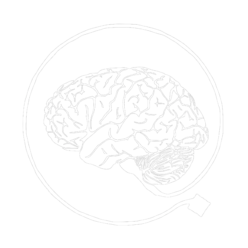Joshua Habgood-Coote (Universities of St. Andrews and Stirling)
Introduction
Knowing-how seems to be a distinctively practical kind of knowledge. Yet according to the standard semantics for knowledge-how ascriptions, to know how to do something is to stand is some relation to a set of propositions about how to do it. Intellectualists about knowledge-how take their lead from the semantics of knowledge-how ascriptions and claim that knowledge-how is a species of propositional knowledge. As a consequence they have trouble explaining the practical properties of knowledge-how, usually appealing to the somewhat obscure notion of a practical way of thinking.[1] By contrast, Anti-Intellectualists give priority to the practical properties of knowledge-how, claiming that knowledge-how to V[2] is a kind of ability or capacity to V.[3] Since abilities are generally relations to activities or action-types rather than propositions, they have the parallel problem of making their view compatible with linguistic theory.
In this paper, I explore a novel compromise Continue reading Knowledge-How, Abilities, and Questions
